FACS inquiry in NSW exposes wider problem of generational family breakdown
Children are falling between the cracks in NSW – stuck with drug-addicted parents or neglectful families – and the situation is getting worse, writes Clarissa Bye.
Opinion
Don't miss out on the headlines from Opinion. Followed categories will be added to My News.
Who are you going to call for help if you are a little kid and you have a deranged mother? And she’s trying to kill you?
I thought of that recently while reading the American bestseller memoir Hillbilly Elegy by JD Vance, who’s now a Republican senate candidate in the upcoming US midterm elections.
He recounts how his heroin addict mother began speeding in their car one time and threatened to crash and kill them.
He jumps in the back seat, which enrages the mother so much she pulls over to bash him up and he escapes to find help at a random house.
The problem of neglectful or downright dangerous parents is not a theoretical scenario for thousands of NSW children.
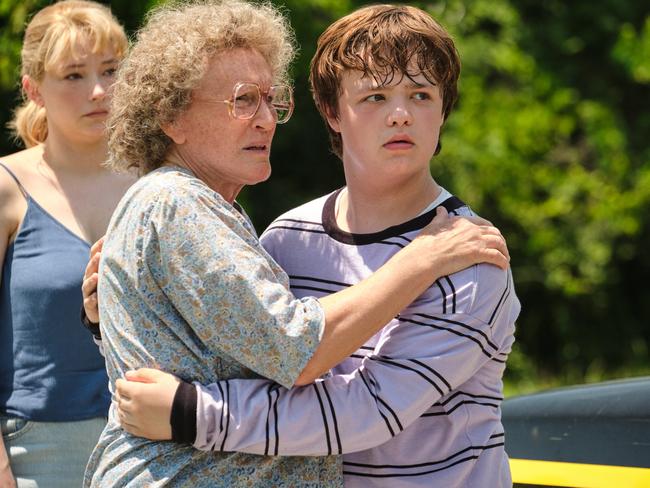
A new parliamentary inquiry starts on Friday into our overwhelmed child protection system.
These are the kids who are meant to be protected by Family and Community Services (FACS).

An incredible 90,000 children at risk of serious harm in NSW were not seen by FACS in 2020-21. Some were seen by other agencies but the government can’t say how many fell between the cracks.
That is appalling.
One little boy’s horror was exposed in a recent inquest finding about his brother, handed down last month.
Because of the secrecy and non-publication orders around so many of these cases, we cannot name the mother or children.
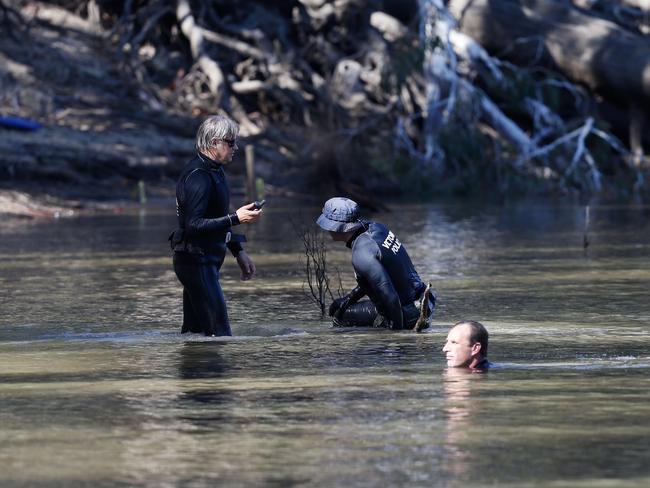
The NSW Coroner spent months painstakingly piecing together the failures of various government agencies in that terrible case.
The 27-year-old woman was a violent and volatile ice addict who drowned her five-year-old son and attempted to do the same to his nine-year-old brother at Moama, near the Victorian border. She was well known to FACS.
She took her two sons from the care of the grandmother and told them they were going fishing in the Murray River.
In the water she told her older son “DS” to “put your head under”.
“I just said ‘no’ … and then she dunked my head under the water,” the boy later told police.
“Just stop mummy,” he cried out.
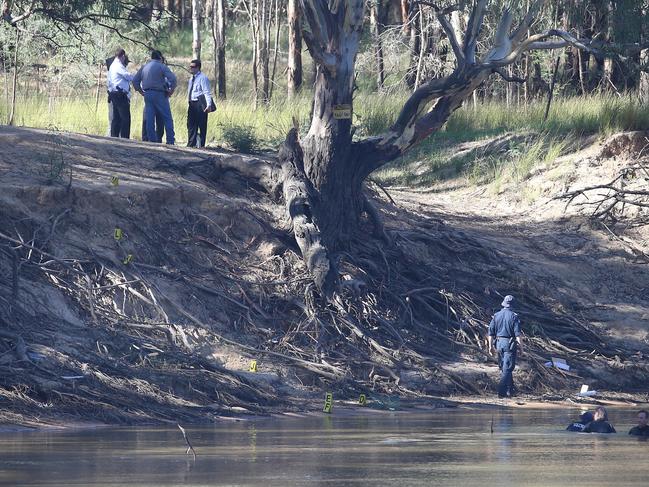
He could feel the sand on his face at the bottom of the murky river and her arm upon his throat.
“Then I started hitting her so she would let go of me but she didn’t. I was starting to suffocate as she was hopping on to me.”
He escaped, only to be horrifically attacked by a pit bull dog attracted by the commotion as he struggled up the banks of the river. The woman then drowned his brother.
He required skin grafts and operations for bites to his torso, legs, stomach and back, as well as suffering aspiration pneumonia.
The woman was found not-guilty on the grounds of mental illness and placed under specialist mental care at Silverwater Jail.
The grandmother had desperately sought help from the authorities when the mother ran off with the kids.
In fact many different calls had been made to FACS in the years prior, including one incident a month before the drowning.
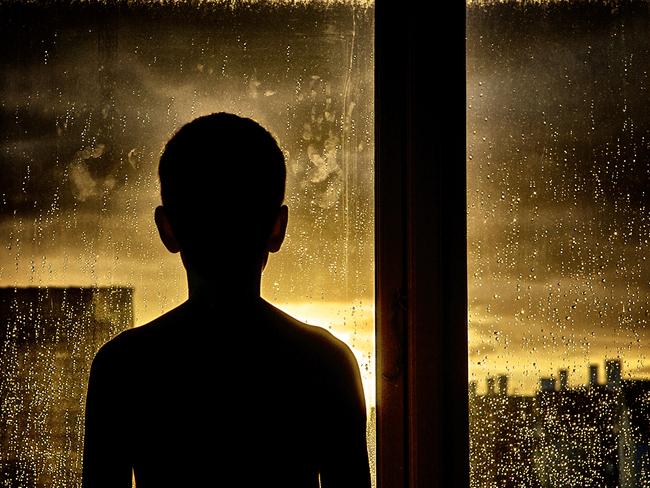
Passers-by in a park in Deniliquin were so alarmed by the woman screaming at the children they rang police, who made a “Child/Young Person at Risk” report.
That was the seventh report about them being at risk of harm in 14 months.
But social welfare authorities recommended the matter be closed.

“This seems to have occurred at a ‘weekly allocation meeting’ as a result of competing priorities,” the inquest reported.
A FACS review conceded “the child protection system did not work well for CS (the younger boy) and DS’s family and that the lack of ongoing purposeful intervention from FACS ultimately left the boys vulnerable to harm”.
“Caseworkers lacked curiosity about the family and FACS’ responses to reports were not child focused, did not consider the children’s experiences in the care of their family and did not recognise the risk of cumulative harm to CS and DS.”
The Public Service Association, representing case workers, says the increase in children at risk of harm has outstripped the resources. They’ve told the inquiry that workers say: “Children are not seen and put at worst risk of harm. Children have a right to be heard and kept safe. This isn’t happening now.”
“There is currently too much buck passing and “dumping” of cases with no clear lines of responsibility.”
It’s groundhog day for NSW.
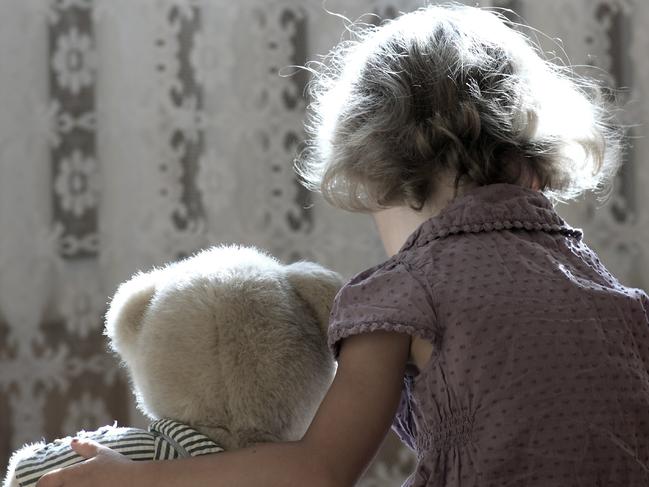
Since 2010, the state government has commissioned at least eight reports into our child protection system.
On-the-ground workers say the reforms and inquiries have created costly rebranding, excessive red tape and “more of the same”.
Child protection specialist Karen Craigie, a foster mum, gives the inquiry a number of concrete, well-thought-out practical suggestions.
“The social services sector and child protection system does not need more people or more money or more resources,” she said, in a submission to the inquiry.
“It simply needs all of the parts to work in a more intelligent way and with a prevention focus.”
She recommends putting a “rolling five to 10-year freeze on renaming and rebranding government departments” so funding can be better allocated to the front line. “Reduce the red tape that is everywhere.”
Allocate funding to the client and not the agency — like the NDIS.
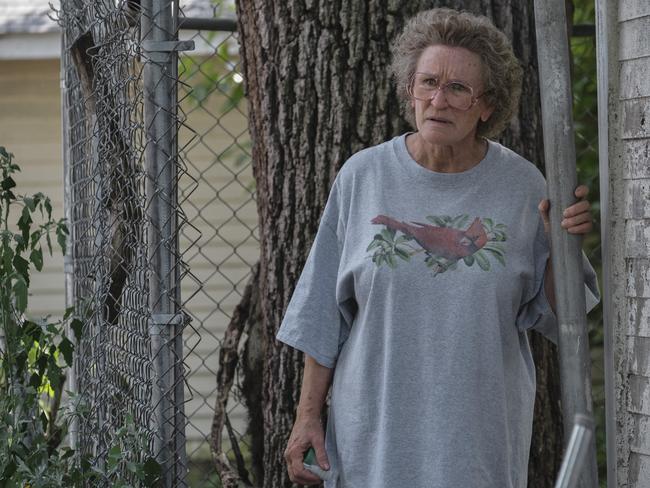
Recruit mums returning to the workforce “to ensure that those working in the child protection system actually have experience with children”.
“Wherever possible, seek children’s advice as to what supports their parents may need in order to be better parents,” she says.
“Provide children with choices and options about which caseworkers and carers are let into their lives. Do not force children to participate if they don’t want to.”
Author JD Vance says government policy can certainly help chaotic families but it’s also cultural.
“There is a lack of agency here, a feeling that you have little control over your life and a willingness to blame everyone but yourself.”
We need to be taught personal responsibility and that we have the power to make the right choices in our lives.
But, as a society, we all need to do better to intervene early when it comes to powerless children.





